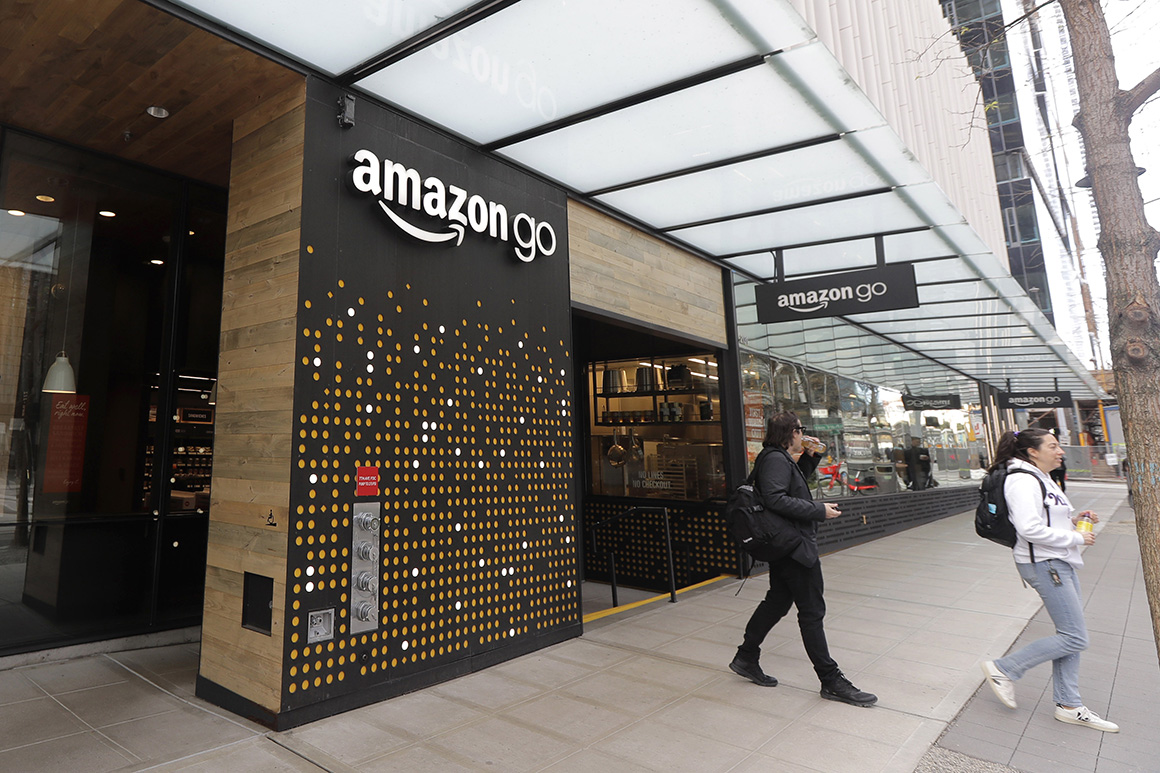
“The supply shocks from quarantined factories in Asia are weeks away from idling U.S., Canadian and European factories,” said economist Michael Hicks of Ball State University, “and the demand-side impact on tourism, travel, eating and drinking establishments is already being felt across the world.”
Economists are already urging policymakers to consider a stimulus program to cushion Americans from impending damage. Jason Furman, a Harvard economist who was chairman of the Council of Economic Advisers under President Barack Obama, proposes a one-time payment of $1,000 to every adult American citizen or taxpaying adult.
“If the economic shock is small and stimulus proves to be unnecessary,” he wrote in a Wall Street Journal op-ed on Friday, “its negative effects are likely to be small. But if the shock is bigger and policy makers fail to act now, it will be harder to reverse the economic damage.”
Eleven states, including California, Massachusetts and New York, require employers to offer workers paid leave, as does the District of Columbia. But none of these jurisdictions explicitly guarantee the benefit to healthy workers on leave because a virus outbreak sent everybody home.
Fourteen Democratic senators last week wrote to leaders of the Business Roundtable, the Chamber of Commerce and the National Association of Manufacturers to urge their member companies not to penalize workers for going home during the outbreak.
Paid sick days are particularly rare for low-income workers. Ninety-three percent of workers in the top tenth of the income distribution get paid sick leave, compared with only 30 percent of those in the bottom tenth, according to the Economic Policy Institute, a left-leaning think tank.
“People are already losing pay,” said Sara Nelson, president of the Association of Flight Attendants-CWA, citing flight attendants’ loss of overtime hours and per diems.
While Trump has been trumpeting his actions in fighting the coronavirus, Nelson blames him for increasing its economic cost — through widespread cancellations of business meetings and travel — due to his initial response. “Shutting down these public meetings, she said, “is the only way to stop the spread if you don’t have a way of identifying where the threat is.”
“It makes me very angry,” she said, “because it’s my members’ lives and their jobs.”
With all the uncertainties surrounding the U.S. outbreak, experts are reluctant to predict with any specificity the coming impact on workers. But comparable episodes from the past provide some guide.
After the 9/11 attacks, which suspended air travel and required much of lower Manhattan to be evacuated, about 115,000 workers were laid off by the end of that year, according to the DOL. Forty-two percent were in the airline industry, and 28 percent were employed by hotels and motels.
The U.S. economy was already in recession by that point — it started in March 2001 and ended in November. Still, economists say the widespread uncertainty after 9/11, the start of the war in Afghanistan and the run-up to the Iraq war in 2003 all restrained hiring by employers worried about the outlook.
A global outbreak similar to the Spanish flu of 1918-19 — the most commonly cited historical comparison — would produce “a short-run impact on the worldwide economy similar in depth and duration to that of an average postwar recession in the United States,” a 2005 Congressional Budget Office report estimated. The significant caveat is that the Spanish flu was deadliest to the young and healthy, whereas the coronavirus, like most epidemics, exacts its worst toll on the elderly and the infirm.
A 2007 report by the St. Louis Federal Reserve raised the gruesome possibility that a shortage of workers from a major outbreak ultimately would increase wages, as it seems to have done in 1918, though it noted that was less likely now, “given the greater mobility of workers that exists today.” (The coronavirus is also much less deadly to the working-age population.)
“Given our highly mobile and connected society,” the report concluded, any comparable pandemic in the future “is likely to be more severe in its reach.”
Rebecca Rainey contributed to this report.
Source: politico.com
See more here: news365.stream






